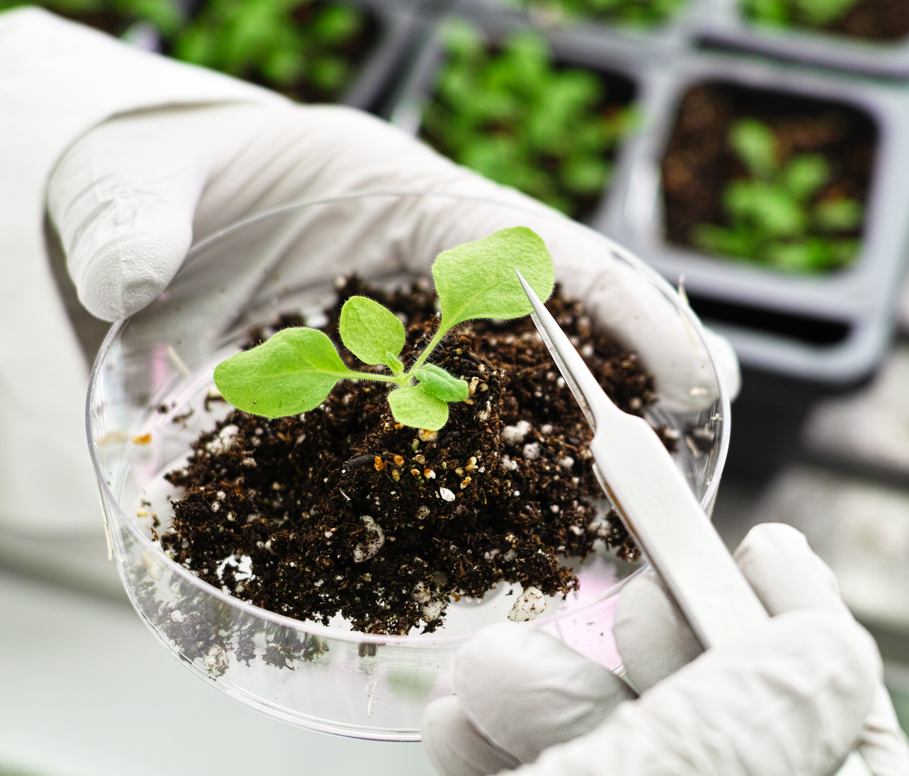This case study was adapted from an Engineering News South Africa article.
Who: Cape Bio Pharms, a spin-off of the Biopharming Research Unit at the University of Cape Town, and the global Plants Against Corona partnership
The Challenge:
As the COVID-19 pandemic continues to threaten global health, accessibility to affordable reagents – the substances used in testing to indicate reactions – and the availability of rapid COVID-19 serology testing continue to be key challenges. Increasing the availability of speed and testing can help curb the coronavirus pandemic and save lives.
The Opportunity:
Cape Bio Pharms saw an opportunity to use plants to produce the antigens and antibodies required for rapid diagnostic test kits. Leveraging partnerships, the organization formed the Plants Against Corona initiative to collaborate with other biotech companies on efforts to speed up an effective COVID-19 testing response, in South Africa and across the world.
Cape Bio Pharms overview video:
How It Works:
Using a distant species of the tobacco plant called Nicotiana benthamiana, Cape Bio Pharms developed proprietary plant-based antigens and antibodies against COVID-19. The biotech sourced the gene sequences for SARS-CoV-2 virus to develop the antigen constructs used to infiltrate the plants, turning them into highly effective bioreactors. These constructs will support late-stage serology diagnostic tests that detect antibodies in a patient’s blood.
Cape Bio Pharms’ outputs are being made available to the Plants Against Corona network to speed up and enhance production of SARS-CoV-2 antigens internationally. Partners include Canada’s Plantform and the UK’s Leaf Expressions, which are helping scale up production capacity of the antigens to ensure that the initiative can meet global demand. Academic partners from the United States’ Platvax, and Austria’s University of Natural Resources and Life Sciences will be using the genetic constructs for further research and development. And Inno-3B, a Canadian farming equipment design company, is helping to rapidly increase plant-growth capacity.
This case study is just one of many examples that highlights the value of intellectual property (IP) in the fight against COVID-19. IP provided the foundational incentives and protections for Cape Bio Pharms to develop their cutting-edge technologies, while allowing for collaboration with organizations globally. Their testing innovation promises to help curb the pandemic and improve the health of people worldwide.


